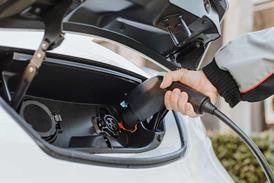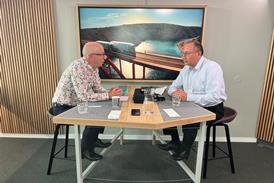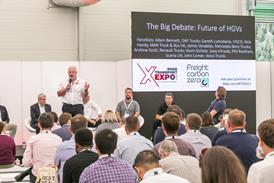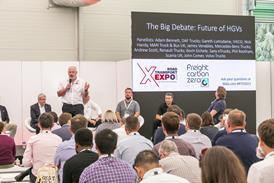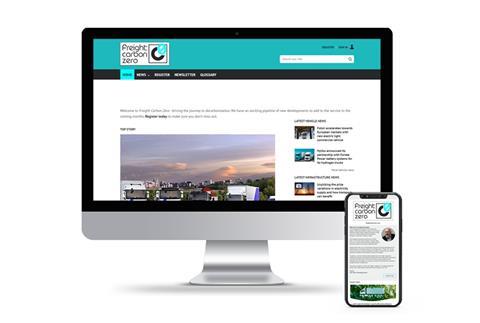HVS makes eleventh hour plea for £9m funding lifeline in open letter to Barclays and tech investors

Truck maker Hydrogen Vehicle Systems (HVS) is making a desperate and public last ditch plea to Barclays Bank and tech investors to provide £9m of funding to prevent the company from being wound up in four weeks time.
You have reached your limit of free news
Register for free today to read more content. Already registered? SIGN IN now
Want to read more?
Register for free now to access the full article.
Let us help you reach your carbon zero targets, sign up today and unlock:
- Unlimited access to breaking news, commentary and analysis around the decarbonisation of the road freight and commercial vehicle sector
- Continued access to the Freight Carbon Zero weekly newsletter, sent directly to your inbox


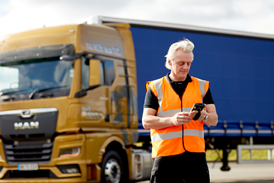
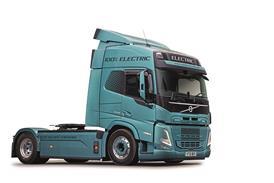
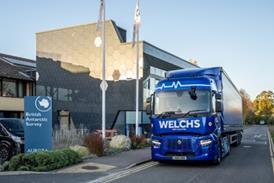
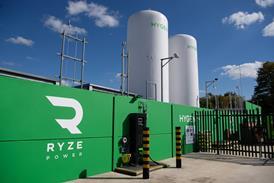
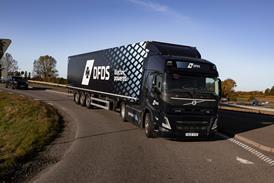
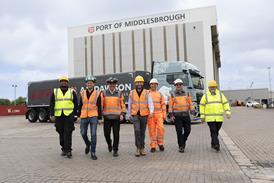
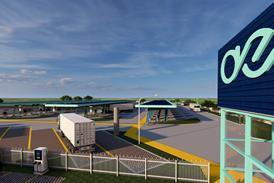
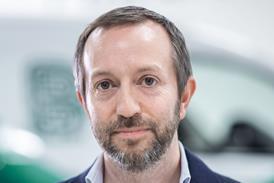
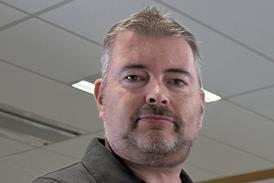

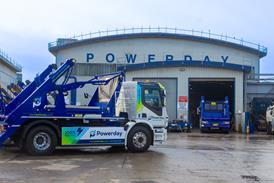
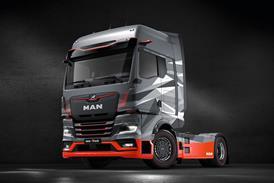
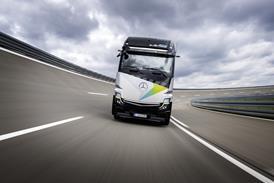
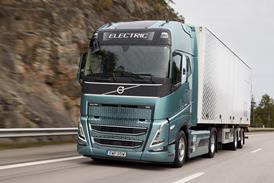
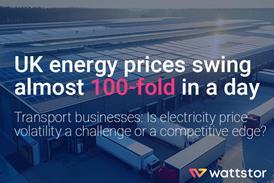
![Mercedes-Benz_eActros_600_(1)[1]](https://d2cohhpa0jt4tw.cloudfront.net/Pictures/274x183/8/1/8/17818_mercedesbenz_eactros_600_11_556244.jpg)

